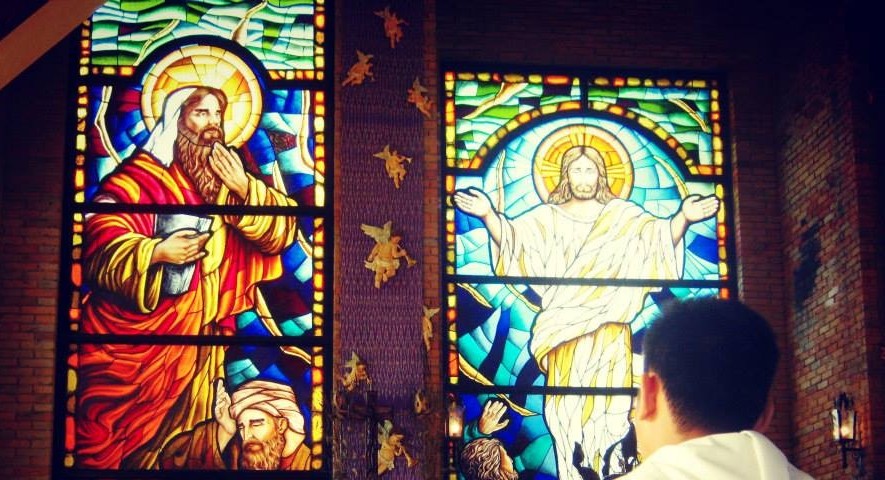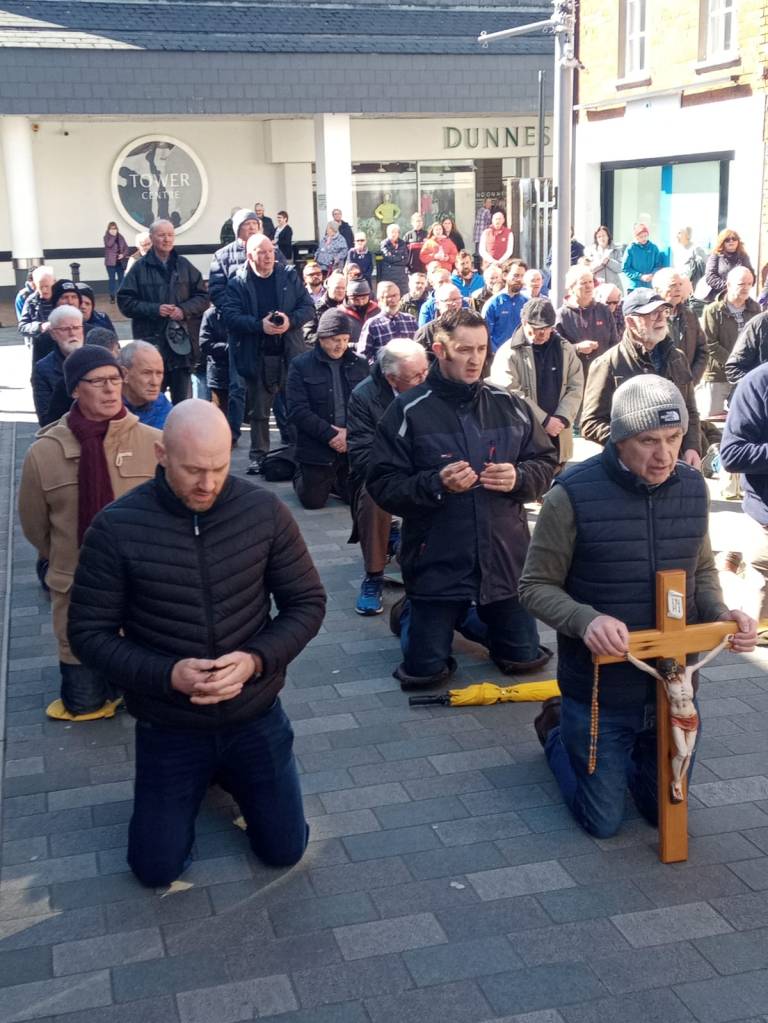31st Sunday in Ordinary Time [C]
October 30,
Luke 19:1-10
In time of Jesus, tax collector is considered a grave sinner because they are colluding with the Roman occupiers, and often, they are involved in various dirty activities to enrich themselves. On the top of that, the tax collectors tend not to observe the laws of Moses as often, they work on Sabbath. Now, Zacchaeus is the chief tax collector of important city Jericho. Indeed, he is one of the richest guys in town, but at the same time, the most hated person.

Luke also describes Zacchaeus as ‘short’ in stature. The Greek word is ‘μικρὸς’ (mikros), that simply means ‘small’. Zacchaeus is a small man. We do not know how small he is, but he is not tall enough for the average Jewish men at that time. Thus, when Jesus passes by, he is not able to overcome the heights of other Jewish people swarming Jesus. He then takes the initiative to climb a tree, and to his surprise, Jesus takes notice of him. It seems that Jesus has been waiting for him. In the end, it is not Zacchaeus that is looking for us, but Jesus is the one searching Zacchaeus, one of His lost sheep.
There are several things to ponder. If Zacchaeus is truly rich and powerful figure, why don’t he hire some bodyguards as to open the way to Jesus? Why don’t he send someone to invite Jesus? He has the power and wealth to facilitate his way to Jesus, but he chooses the more arduous way, that is, to climb the sycamore tree. The real answer remains mystery, but by climbing the tree, he finds his Lord and salvation. Interestingly, what Zacchaeus does, prefigures what Jesus will do in Jerusalem. He will ‘climb’ the tree of the cross, and from there, He brings redemption to whole world.
If Adam and Eve ate the fruits of the forbidden tree because they were tempted to take the shortcut and be like ‘god’, Jesus, the true God, carries the tree of the cross, ‘climbs’ the tree and from the tree, He gives us His life for our redemption. Zacchaeus follows the footsteps of Jesus, and climbs the tree to overcome his smallness and finds his God. Like Zacchaeus who discovers that the Lord has been waiting for him, we are also invited to climb our trees, to see our Lord who has been giving His life for us.
What is our tree? This can be the tree of sufferings and trials. This may be financial instabilities, health problems, difficult relations in the family, or failures in life. These things make us feel that we are small, short, and crammed, and worse, unable to see Jesus. Yet, if we are faithfully carrying the life’s trials, and spiritually unite our sufferings with the suffering of Christ in the cross, we believe that it would not be useless. Jesus is on the tree of the cross, and He is waiting for those, like Zacchaeus, makes humble effort to climb the tree.
Valentinus Bayuhadi Ruseno, OP





